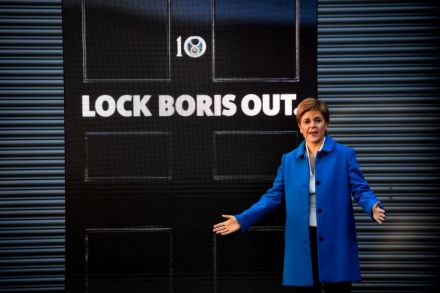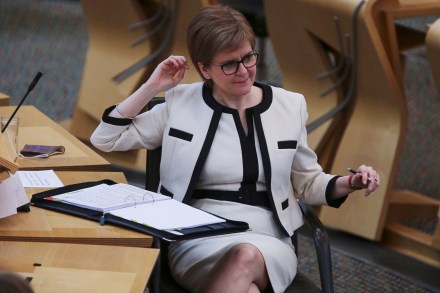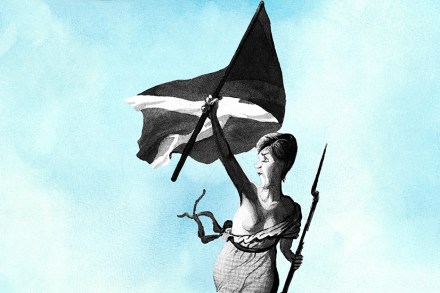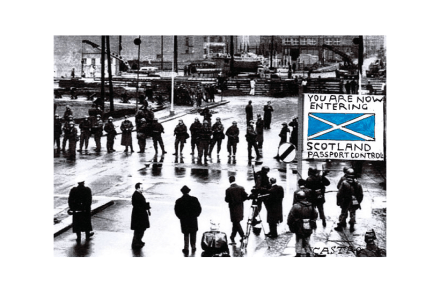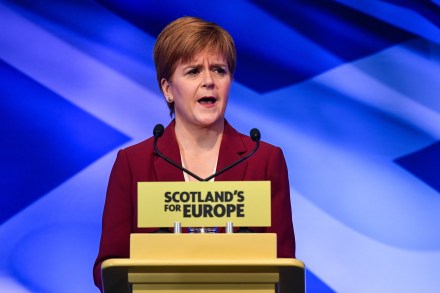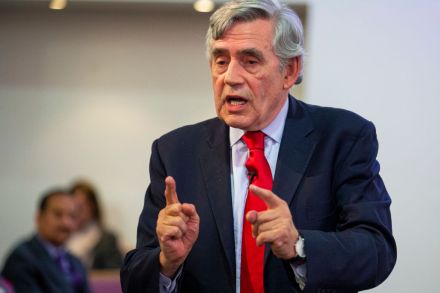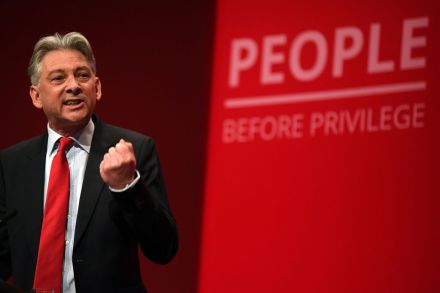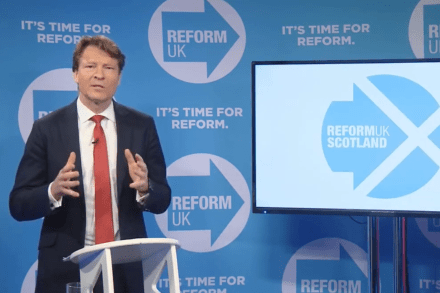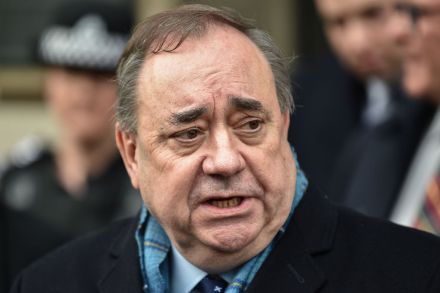Why Boris Johnson must say no to a second Scottish referendum
It’s hard to believe in these early weeks of 2021, when the country is grappling with an unprecedented national health and economic crisis, that anyone could contemplate willingly throwing into the mix a constitutional crisis. Issuing a clarion call to break apart, when it could not be clearer we need to pull together. Yet that appears to be the course on which the SNP Government in Edinburgh is set with its 11-point plan for independence. For the UK Government to reject a demand to hold any time soon another referendum on Scottish independence is not, as Nicola Sturgeon would have it, ‘a denial of democracy’; it’s plain common-sense and the
